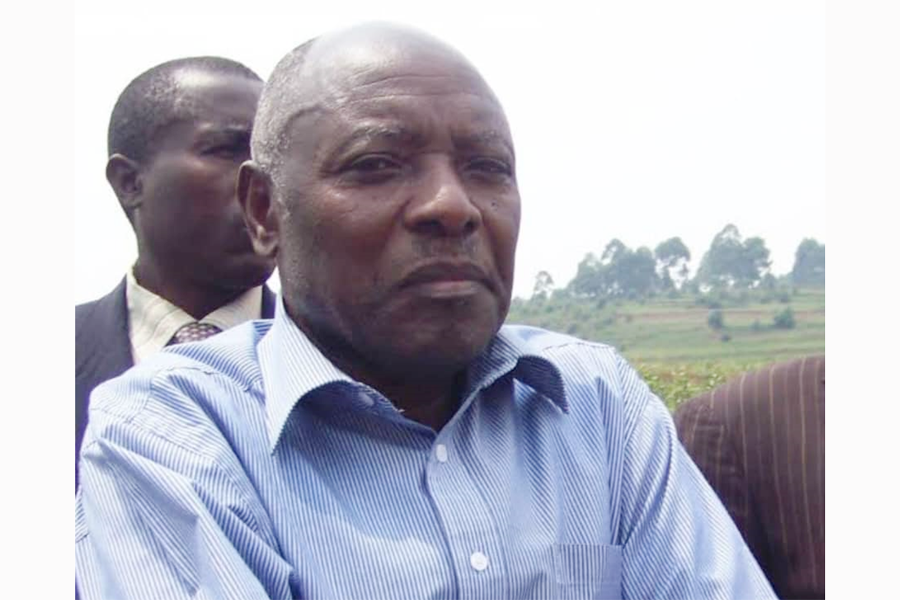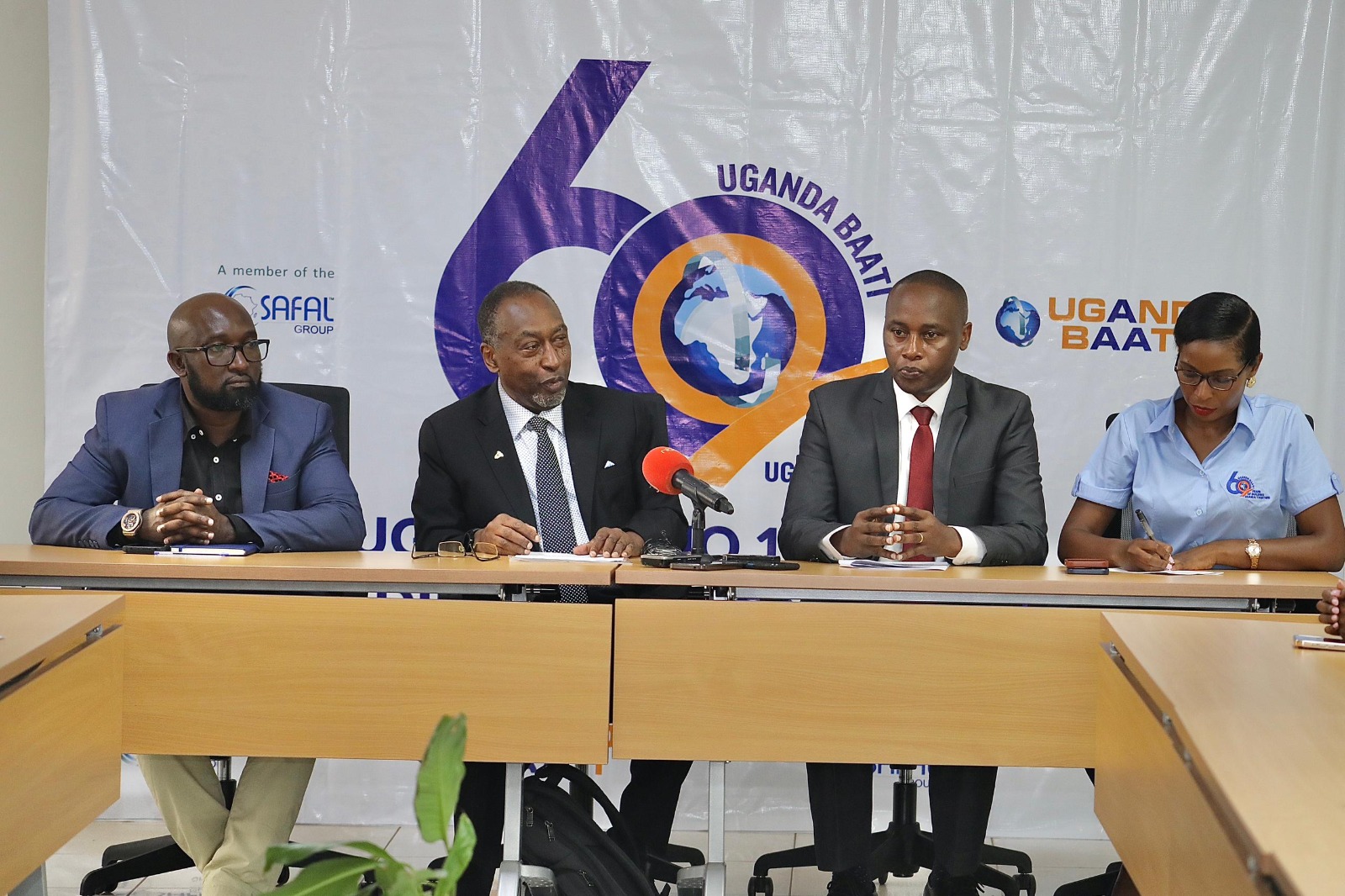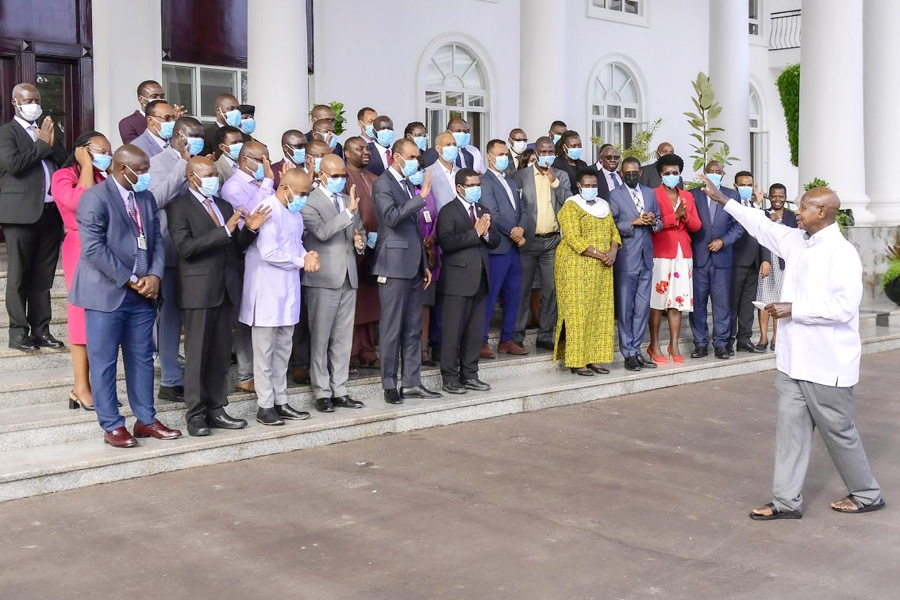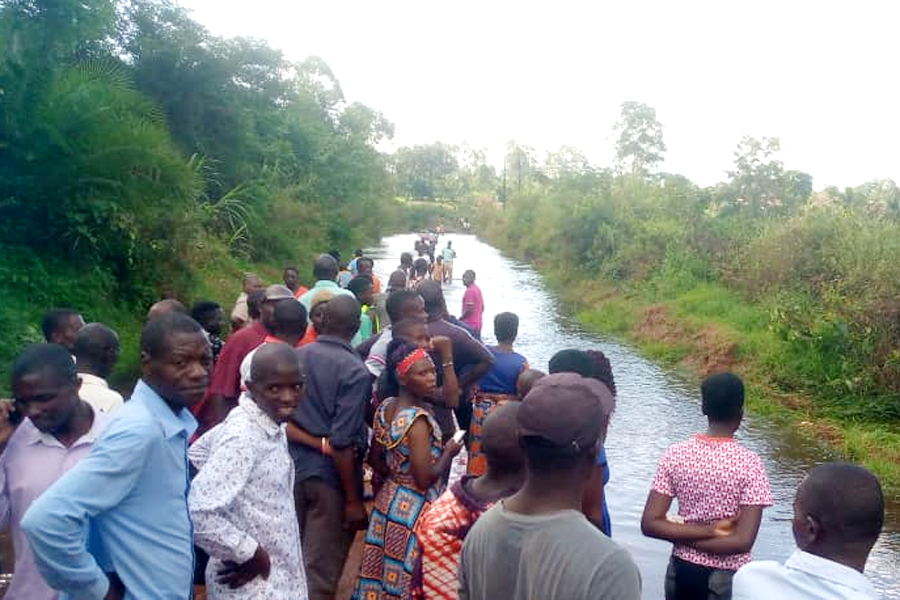Government assures tourists as it engages locals after killing of six lions in Queen Elizabeth
Government represented by the Ministry of Wildlife, Tourism and Antiquities, Uganda Wildlife Authority (UWA), Uganda Tourism Board (UTB) and the Resident District Commissioner of Kanungu District have met with local leaders in the Ishasha sector of the Queen Elizabeth National Park in a bid to strengthen the relationship between the locals and the animals in the park.
Six lions were earlier this month found dead after being poisoned by four men who later confessed to killing the prized animals in the Ishasha sector in Southwestern Uganda for their oils.
Keep Reading
On Monday the UWA Executive Director, Sam Mwandha; the UTB Chief Executive Officer, Lilly Ajarova; the Kanungu District RDC, Shafik Ssekandi, Kanungu LC 5Chairperson, Canon Josephine Kasya, as well as representatives from the police and UPDF as well as local community leaders held a meeting to iron out a number of issues aimed at reinforcing the relationship between the animals in the park and the local population.
Addressing the meeting, Col. Butime emphasized that wildlife poaching is a criminal offence that remains punishable by the courts of law.
He however assured both domestic and foreign tourists that despite the loss of the six lions, Uganda still had plenty of lions in Queen Elizabeth and other national parks.
“Let this not discourage you from exploring our national parks that are also full of other
animals aside from the lions like over 5000 elephants, 2000 buffalos, 800 giraffes, birds, and many more,” he said.
Sam Mwandha, the UWA Executive Director appreciated especially the security agencies and local community members who helped in having the suspects arrested.
“Arresting the suspects involved in the killing of the lions required collaboration between ourselves, the UPDF, the police and the local council leaders,”Mwandha said.
“We will also work together to create awareness among the communities to ensure that they appreciate the need for not getting into the park, not killing the wildlife, and then raising their issues with us so that we can be able to address them as Uganda Wildlife Authority.”
The UWA boss said they will continue with investigations into the killing of lions but also intelligence to help avert a similar occurrence.
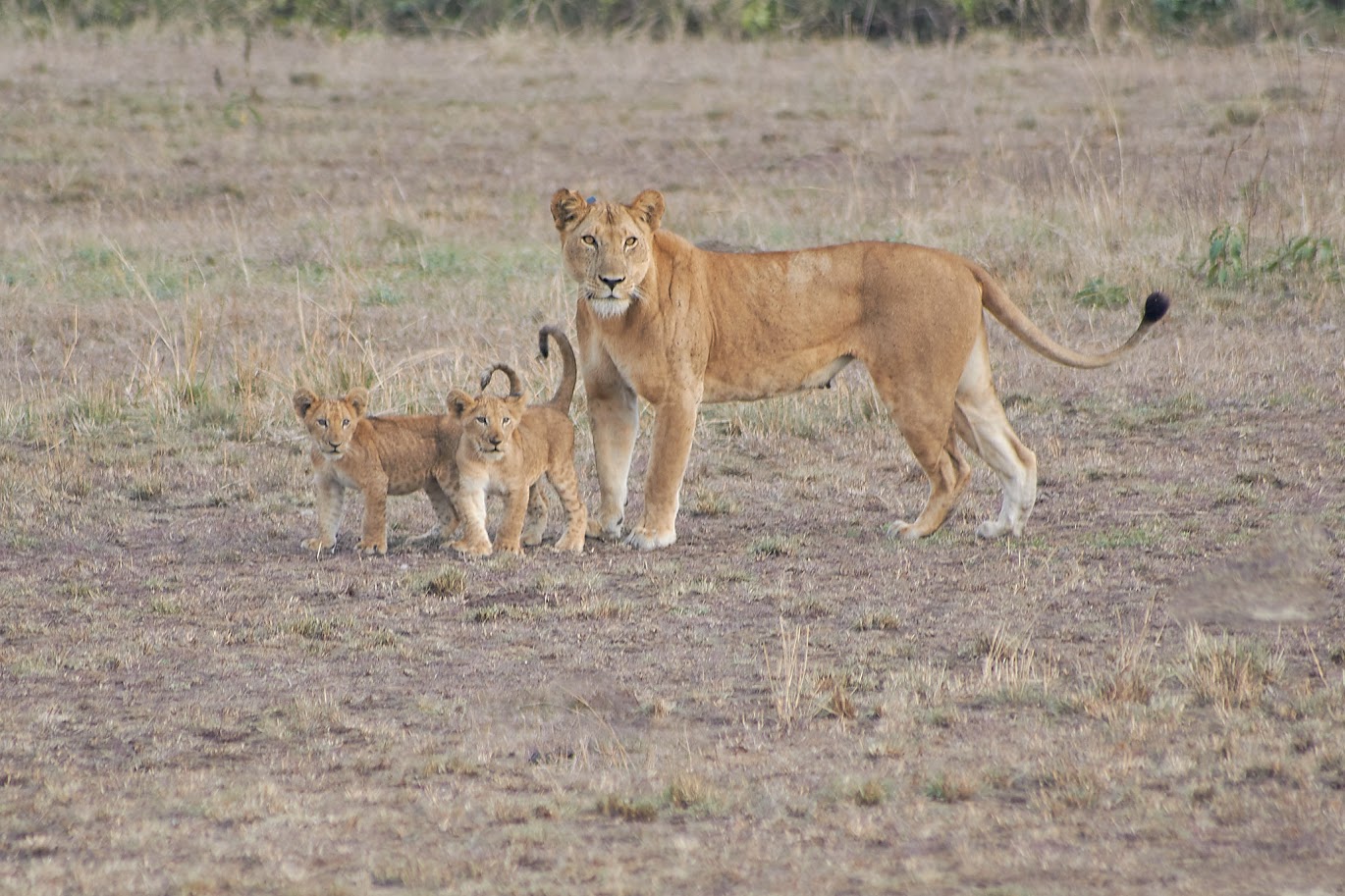 Lions in Queen Elizabeth National Park.
Lions in Queen Elizabeth National Park.
Mwandha said there is need to ensure that the revenue that UWA shares with the communities is appropriately used and that the communities benefit from the money.
According to the Kanungu District RDC, Shafik Ssekandi, it has been established through confessions that the killers, who are residents in communities neighbouring the park that they had been offered between shs40,000 and shs 80,000 for each lion’s head by the buyers.
“The suspects confessed to killing the six Lions and explained that they first poisoned them before mutilating them into pieces. Body parts were discovered in the suspects’ houses while other body parts such as 2 heads and 1 leg were found hidden within the park,”Ssekandi said.
The Kanungu RDC noted that the suspects admitted the intestines of the lions and the far had been cut out for spiritual purposes.
“Investigations are still ongoing, and the Kanungu District leaders are optimistic that all people involved in this act will be caught,” he said.
Lilly Ajarova, the Uganda Tourism Board CEO reiterated the need by communities to conserve and protect the animals and other species that contribute to the tourism sector.
“As an agency philosophically driven by tourism sustainability, we are in a joint effort with the Ministry of Tourism, Wildlife, and Antiquities, tourism agencies, local leaders as well as the Tourism Police in getting to the bottom of the matter at hand and seek justice for the dead lions and curb the criminals of the offence who will be sentenced accordingly,” she said.
She said the death of the lions at this particular time when the tourism sector was reeling from the effects of Covid-19 was regrettable.
“The United Nations World Tourism Organization declared 2020 as the worst year in tourism history, with arrivals declining by one billion visitors translating into a 74% decline. With 2021 showing optimism, we need to preserve and conserve our tourist attractions to be able to regain what we lost in 2020 and get the sector back to its glory days,” she told the meeting.











